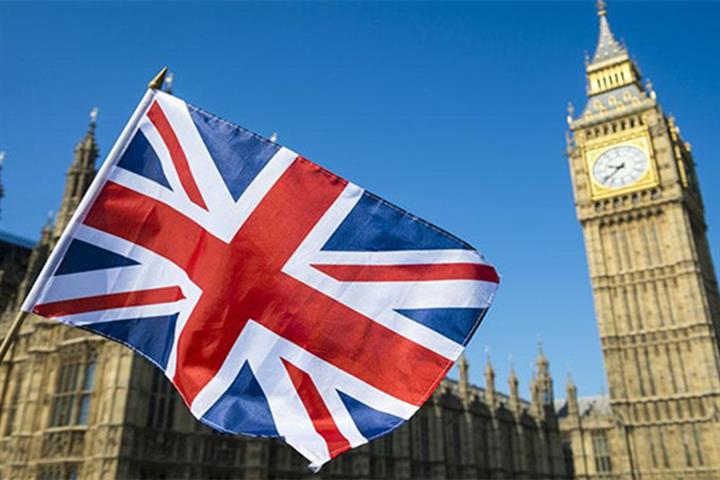 China-UK Decoupling Is Not Feasible as Trade Keeps Increasing, CBBC China Director Says
China-UK Decoupling Is Not Feasible as Trade Keeps Increasing, CBBC China Director Says(Yicai Global) April 18 -- Ever increasing trade volumes between China and the UK prove that decoupling is not viable, the managing director for China at the China Britain Business Council, a business network that promotes trade and investment with China, said in a recent interview with Yicai Global.
China’s re-opening after the lifting of its zero-Covid policy has helped promote the stable development of China-UK relations, and non-governmental exchange is also quite extensive, Tom Simpson said.
China was the UK’s second-biggest source of imports in 2022 and the fifth-largest export destination, according to figures from the Office for National Statistics published in February. The volume of trade between the two countries surged 20.5 percent last year from 2021. Exports to China soared 58.7 percent and imports from China jumped 9.8 percent.
Brexit prompted UK firms to change their way of thinking and re-emphasized the importance of non-European Union markets, Simpson said.
China's economic development is creating new areas with growth potential, and UK firms in China need to adapt to the transition, he said. Many people only think of China's major first-tier cities, but I believe they should pay more attention to regional economies and establishing business connections with a variety of places.
As China focuses more on consumption to drive the economy, the priority is turning to 'software,' an area which UK firms are strong in, from 'hardware' such as infrastructure, he said.
China is putting more emphasis on industries with a public interest such as medical health and education, and there is a lot of focus on the chip sector, he said. This provides room for partnership between Chinese and UK firms.
British companies are looking to export more products to China and to increase investment in the country so as to better penetrate the market, he said. Despite the impact of the pandemic, UK firms have continued to enter the China market over the last five years. Most of them are engaged in creative content, advertising, finance and other professional services. This aligns with Shanghai’s development trajectory.
"Many British companies, such as lender HSBC, pharma giant AstraZeneca, hotel chain InterContinental Hotels Group and consumer goods company Unilever, began to invest in China in the 1970s and 1980s, and they have been keeping a close eye on the market's long-term development trend," he added.
Editors: Tang Shihua, Kim Taylor